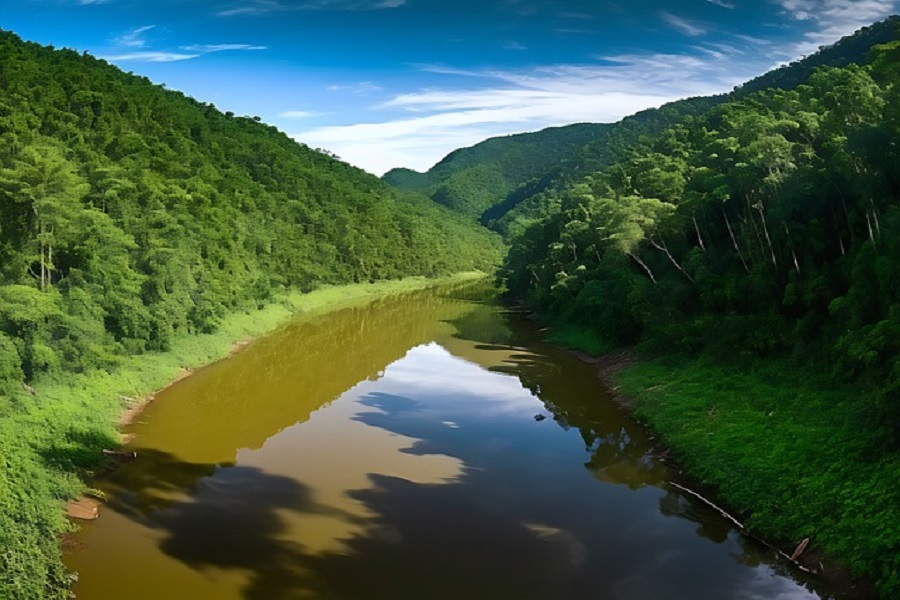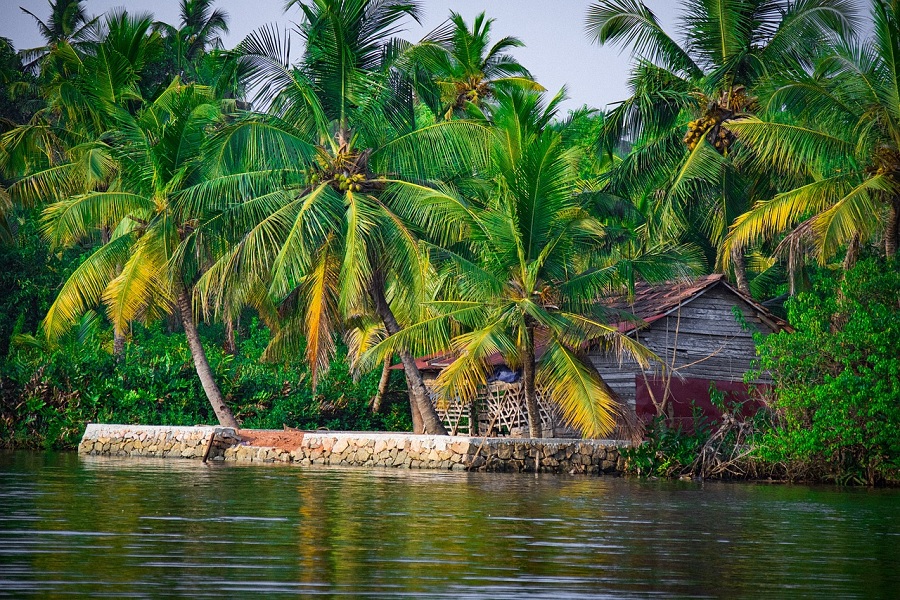Ecotourism: Exploring Nature with Responsibility

Ecotourism is an environmentally conscious approach to tourism that focuses on traveling to natural areas with the goal of conserving the environment, learning about local cultures, and supporting local economies. As the world faces challenges such as climate change, biodiversity loss, and over-tourism, ecotourism has emerged as a sustainable alternative that provides travelers with the opportunity to explore some of the planet's most beautiful and fragile ecosystems while minimizing their impact.
What Is Ecotourism?
Ecotourism is defined as responsible travel to natural areas that conserves the environment, sustains the well-being of local people, and involves interpretation and education. It emphasizes sustainability in all aspects of travel, from transportation to accommodation to activities. Ecotourism is not just about visiting nature reserves, national parks, or protected landscapes; it’s about actively contributing to the preservation and appreciation of these spaces.
Principles of Ecotourism
Conservation of the Environment: Ecotourism supports the protection of ecosystems, wildlife, and biodiversity. It encourages sustainable practices such as reducing waste, minimizing resource consumption, and using eco-friendly materials in tourism infrastructure.
Respect for Local Cultures: Ecotourism promotes cultural awareness and respect. It encourages travelers to learn about and engage with local communities in a way that is beneficial for both parties.
Economic Benefits for Local Communities: Ecotourism often brings economic opportunities to rural or isolated communities. It creates jobs in eco-friendly industries such as sustainable farming, wildlife conservation, and local craftsmanship.
Education and Awareness: Educating tourists about the importance of environmental conservation, local traditions, and sustainable practices is central to ecotourism. This helps foster greater respect for nature and cultures.
Low-Impact Travel: Ecotourism promotes the use of minimal environmental impact activities like hiking, bird-watching, and camping. It avoids mass tourism practices that can harm local ecosystems and cultures.
Popular Ecotourism Destinations
Costa Rica: Costa Rica is renowned for its commitment to preserving biodiversity. With more than 25% of its land protected in the form of national parks and reserves, Costa Rica offers a range of ecotourism activities, such as wildlife tours, zip-lining through rainforests, and visits to geothermal hot springs.
New Zealand: New Zealand’s focus on conservation and sustainable tourism makes it a top destination for ecotourists. From exploring the stunning landscapes of Fiordland National Park to visiting the eco-friendly M?ori villages, New Zealand’s unique approach to ecotourism showcases the harmonious relationship between nature and people.
Kenya: Known for its breathtaking savannahs and rich wildlife, Kenya offers some of the best ecotourism experiences, particularly safaris in national parks like the Maasai Mara and Amboseli. Ecotourism in Kenya includes responsible wildlife viewing and community-based conservation initiatives.
Iceland: Iceland’s commitment to renewable energy, geothermal power, and sustainable tourism practices has made it a popular destination for environmentally-conscious travelers. Visitors can explore volcanoes, glaciers, and geothermal springs while minimizing their carbon footprint.
Borneo, Malaysia: The island of Borneo is a hotspot for biodiversity, with its rainforests and unique species like orangutans. Ecotourism in Borneo involves jungle treks, wildlife spotting, and visits to conservation centers, helping to fund critical preservation work.
How to Engage in Ecotourism
Choose Eco-Friendly Accommodation: Stay in eco-lodges, homestays, or resorts that prioritize sustainable practices, such as energy efficiency, waste management, and water conservation.
Respect Wildlife: When visiting natural areas, always adhere to guidelines that ensure minimal disruption to wildlife. Avoid disturbing animals, and always maintain a safe and respectful distance.
Opt for Sustainable Travel: Use modes of transport that have a lower environmental impact, such as trains, buses, or bicycles. When flying is necessary, choose airlines that invest in fuel-efficient technology and carbon offset programs.
Support Local Communities: Participate in local cultural activities, buy handmade crafts, and eat at locally owned restaurants. By spending money in local communities, you contribute directly to their economic well-being.
Leave No Trace: Follow the Leave No Trace principles by ensuring that you don’t leave behind any litter, damage natural landscapes, or disrupt local wildlife. Practice sustainable behaviors during your entire trip.
The Future of Ecotourism
As travelers become more environmentally conscious, the demand for ecotourism is growing. It aligns with the global shift toward sustainability and responsible travel. However, for ecotourism to continue to thrive, it is crucial that local governments, tourism boards, and communities work together to implement and enforce regulations that protect both the environment and cultural heritage.
In the coming years, ecotourism will likely expand to include more regions of the world, especially in areas that are rich in biodiversity but threatened by overdevelopment or climate change. Travelers can play an essential role by choosing destinations and activities that align with the principles of sustainability and conservation.






















